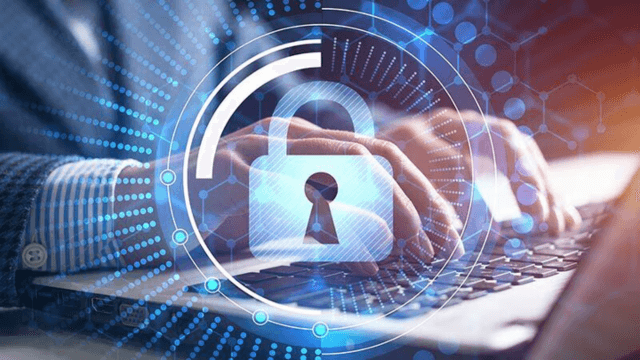Introduction
In today’s digital age, cybersecurity and IT services are essential components for businesses aiming to thrive in a competitive landscape. This guide provides a comprehensive overview of cybersecurity services and the role of IT service providers in ensuring the security and efficiency of business operations.
Table of Contents
Understanding Cybersecurity Services
Importance of Cybersecurity
Cyber threats pose significant risks to organizations, including data breaches, financial losses, and reputational damage. Cybersecurity services are designed to protect against these threats by implementing robust security measures and protocols.
Types of Cybersecurity Services
Cybersecurity services encompass a wide range of solutions, including network security, endpoint security, cloud security, and identity and access management. Each type of service addresses specific security challenges and helps safeguard critical assets and information.
Roles of an IT Services Provider
Overview of IT Services
IT services providers offer a variety of services to support the technology infrastructure of organizations. These services may include network management, software development, hardware maintenance, and technical support.
Importance of IT Services
IT services play a crucial role in ensuring the smooth functioning of business operations. From managing IT infrastructure to providing technical assistance, IT service providers help organizations leverage technology to achieve their goals efficiently.
Choosing the Right Cybersecurity Services Provider
Factors to Consider
When selecting a cybersecurity services provider, organizations should consider factors such as experience, expertise, reputation, and compliance with industry standards and regulations.
Questions to Ask
To ensure compatibility and effectiveness, organizations should ask potential cybersecurity services providers about their approach to security, past experiences, available resources, and response capabilities in the event of a security incident.
Selecting an IT Services Provider
Criteria for Selection
When choosing an IT services provider, organizations should assess factors such as service offerings, scalability, reliability, and cost-effectiveness to determine the best fit for their needs.
Key Considerations
Additionally, organizations should consider the provider’s track record, customer testimonials, certifications, and adherence to service level agreements (SLAs) to make an informed decision.
Benefits of Outsourcing Cybersecurity and IT Services
Cost-Effectiveness
Outsourcing cybersecurity and IT services can be cost-effective compared to maintaining an in-house IT department, as it eliminates the need for hiring and training personnel, investing in infrastructure, and managing day-to-day operations.
Access to Expertise
By partnering with specialized service providers, organizations gain access to a diverse pool of expertise and resources, including skilled professionals, cutting-edge technologies, and industry best practices.
Enhanced Security Measures
Outsourcing cybersecurity services allows organizations to benefit from advanced security measures and proactive threat detection and mitigation strategies, thereby strengthening their overall security posture.
Integration of Cybersecurity and IT Services
Importance of Integration
Effective cybersecurity relies on the seamless integration of IT services and security solutions to identify, prevent, and respond to security incidents in real-time.
Collaboration Between Providers
Collaboration between cybersecurity and IT service providers is essential for aligning security objectives with business goals, streamlining processes, and ensuring comprehensive protection against cyber threats.
Case Studies
Successful Implementation Examples
Several organizations have successfully implemented cybersecurity and IT services to enhance their security posture, improve operational efficiency, and achieve business growth. Case studies provide real-world examples of successful implementations and the benefits derived from them.
Future Trends in Cybersecurity and IT Services
Emerging Technologies
The landscape of cybersecurity and IT services is continuously evolving, driven by emerging technologies such as artificial intelligence (AI), machine learning (ML), blockchain, and quantum computing. These technologies offer new opportunities and challenges for organizations seeking to strengthen their security and innovation capabilities.
Anticipated Challenges
Despite advancements in technology, cybersecurity and IT services face ongoing challenges, including evolving cyber threats, compliance requirements, talent shortages, and budget constraints. Organizations must stay vigilant and adaptable to mitigate these challenges effectively.
Conclusion
In conclusion, cybersecurity services and IT services are indispensable components for organizations seeking to protect their assets, streamline operations, and stay ahead of the curve in today’s digital landscape. By understanding the roles, benefits, and considerations associated with these services, organizations can make informed decisions and ensure a secure and resilient IT environment.

